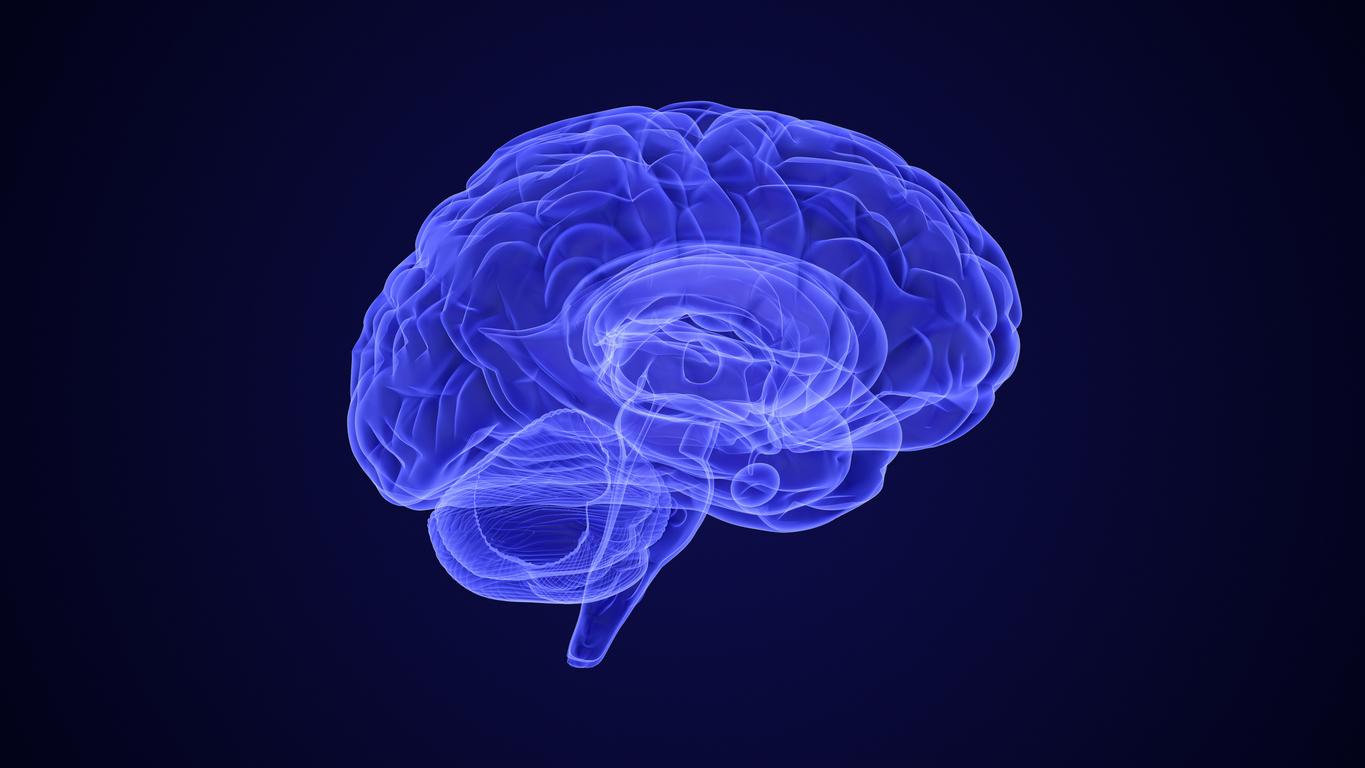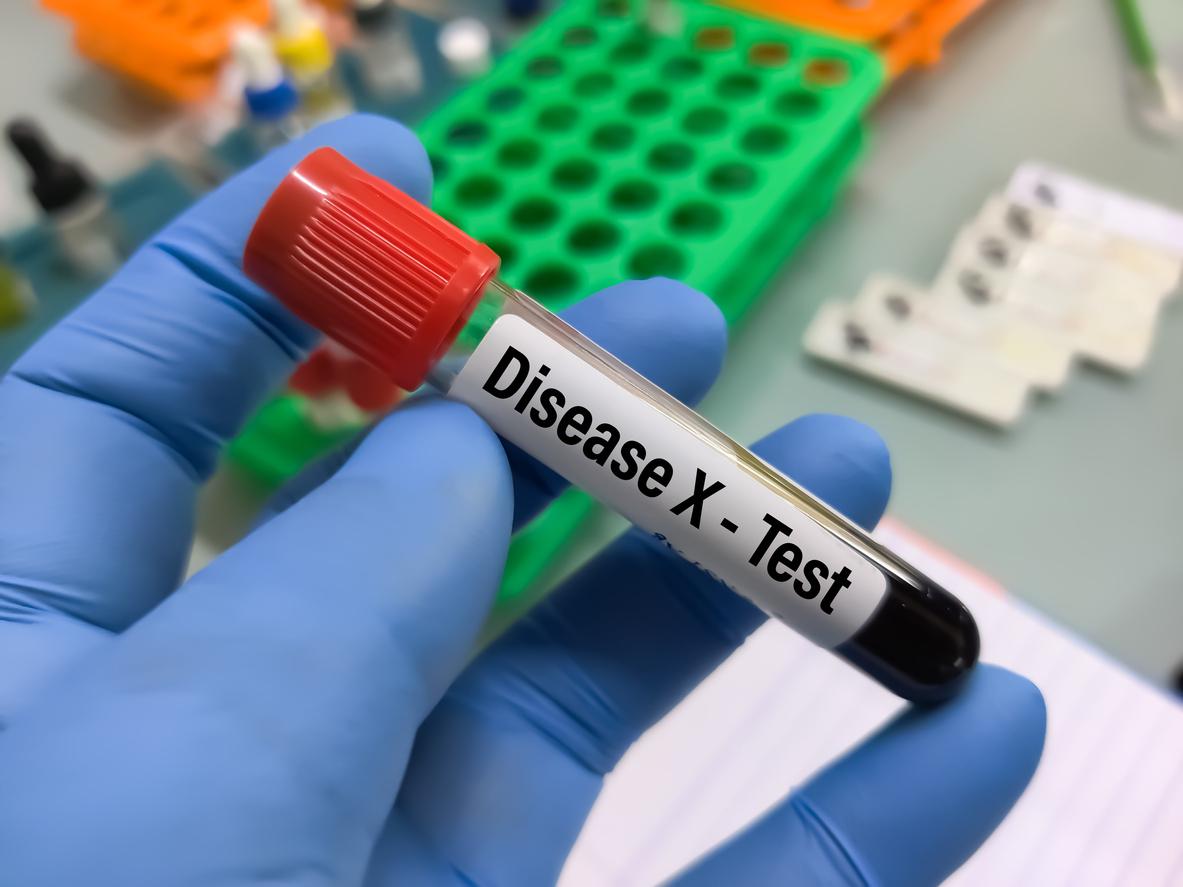At least half of patients with Parkinson’s disease experience psychosis at some point in the course of the disease. Doctors then prescribe antipsychotics, such as quetiapine, for example. However, a new study conducted by researchers at the Pennsylvania School of Medicine (USA) suggests that these drugs have more negative than positive effects in some patients.
“I think antipsychotic drugs should not be prescribed for patients with Parkinson’s without careful consideration”said the study’s lead author, Professor Daniel Weintraub, associate professor of psychiatry and neurology.
Higher number of deaths, 6 months after taking medication
For this study, researchers reviewed records from a large database of veterans, comparing a group of 7,877 patients with Parkinson’s who were prescribed drugs between 1999 and 2010 and an equal-sized “control group” of Parkinson’s patients who were not given the drugs.
The analysis shows that within 180 days of taking antipsychotic drugs, more patients died compared to the control group. On average, Parkinson’s patients who took antipsychotics had a 2.35 times higher risk of death.
This risk was modulated according to the molecules prescribed, ranging from a 2.16 times higher risk for quetiapine to 5.08 times for haloperidol, a first-generation antipsychotic.
A wide variety of side effects
But researchers don’t yet fully understand why these drugs are linked to higher mortality in certain groups of patients. Antipsychotic drugs have a variety of potential side effects, including decreased alertness, increased risk of diabetes and of cardiac disease, a decrease in blood pressure or disorders that may resemble those seen in Parkinson’s disease. The researchers will therefore continue their study to try to determine the causes of this increased mortality.
The results will be published in the March issue of JAMA Neurology.
Read also :
Parkinson’s disease: effective magnetic stimulation
Infographic: everything you need to know about Parkinson’s disease


















